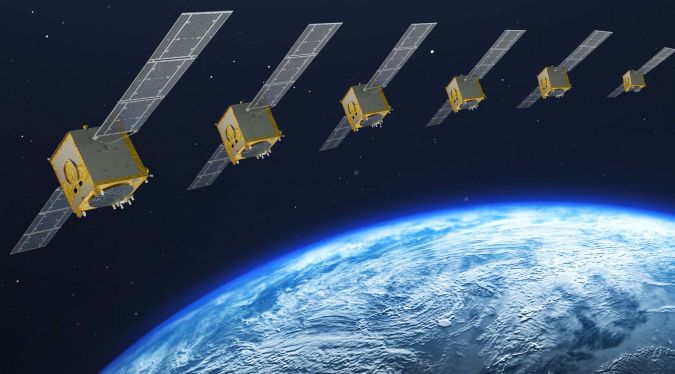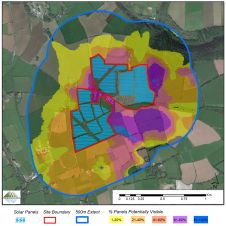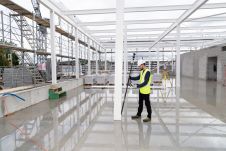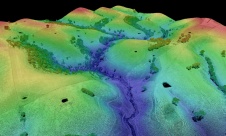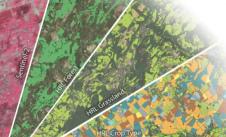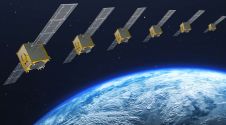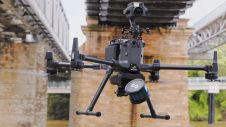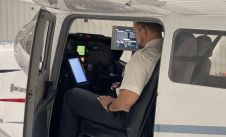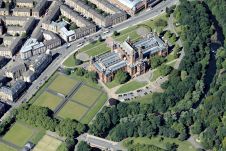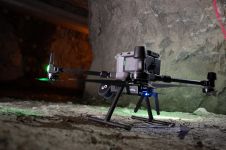伽利略第二代卫星随时准备通往未来
空中客车公司已成功完成了第二代伽利略导航卫星的系统概念的初步设计审查(PDR)。在这一重要的里程碑中,空中客车的提议初步设计和客户的系统要求得到了充分的审查和同意。
这为设备和模块级别的进一步验证,接受和资格铺平了道路。有效负载水平的验证已经如火如荼,卫星结构的关键设计审查(CDR)也很快就到期了。
Rapidly Emerging and Changing User Needs
同时,德国康斯坦斯湖的弗里德里希舍省的空中客车地点正准备为目前六辆第二代伽利略卫星的工业化生产线做准备。卫星集成中心正在完全升级,以满足当前和未来的要求,以实现伽利略第二代卫星的高效,环保,安全和安全的生产。这是欧洲卫星导航服务中的一个关键里程碑,欧洲公民和全球数十亿用户将受益,这是由200多名高技能太空工程师带给该项目的空中客车知识支持。计划于2024年推出第一颗伽利略第二代卫星。
The world of navigation is changing, driven by rapidly emerging and changing user needs (availability and reliability), a growing number of security threats (jamming and spoofing) and the evolution of other navigation systems. The new batch of Galileo spacecraft built by Airbus is the answer to this changing context. It will make the Galileo service more accurate, secure, dependable and adaptable over its lifetime spanning two decades.
Combining Heritage and In-orbit Experience
重约2.3吨,每颗卫星的设计ed to operate for about 15 years. The state-of-the-art and all-electric medium-Earth orbit (MEO) platform from Airbus reuses flight-proven building blocks from the company's Telecoms and Earth Observation programmes, taking advantage of a combination of heritage and in-orbit experience. The flexible and modular navigation payload solution with future growth capability is also based on telecom elements for beam forming and signal generation.
伽利略由欧盟管理和资助。欧洲委员会,ESA和EUSPA已签署了一项协议,ESA代表委员会和EUSPA担任伽利略的剥削和运营经理,凭借该协议作为设计机构和系统开发总理。这里表达的观点绝不可以反映欧盟和/或ESA的意见。
